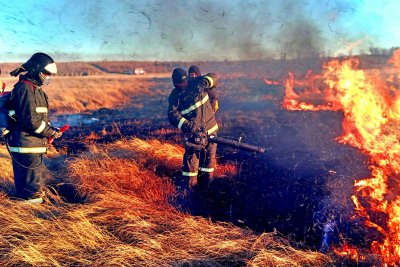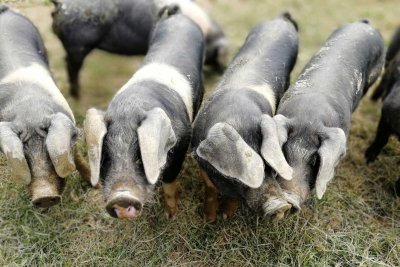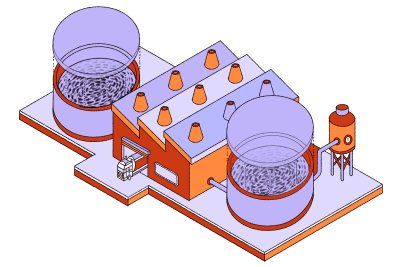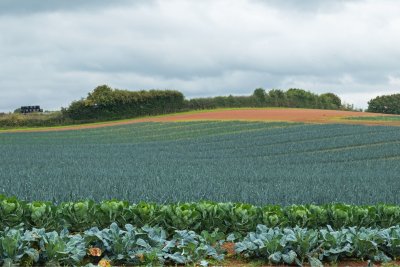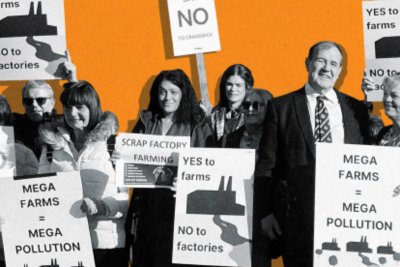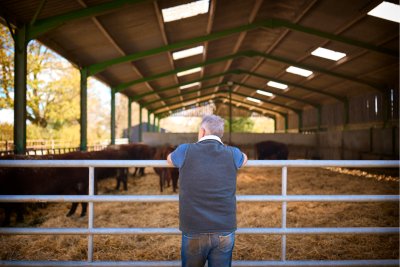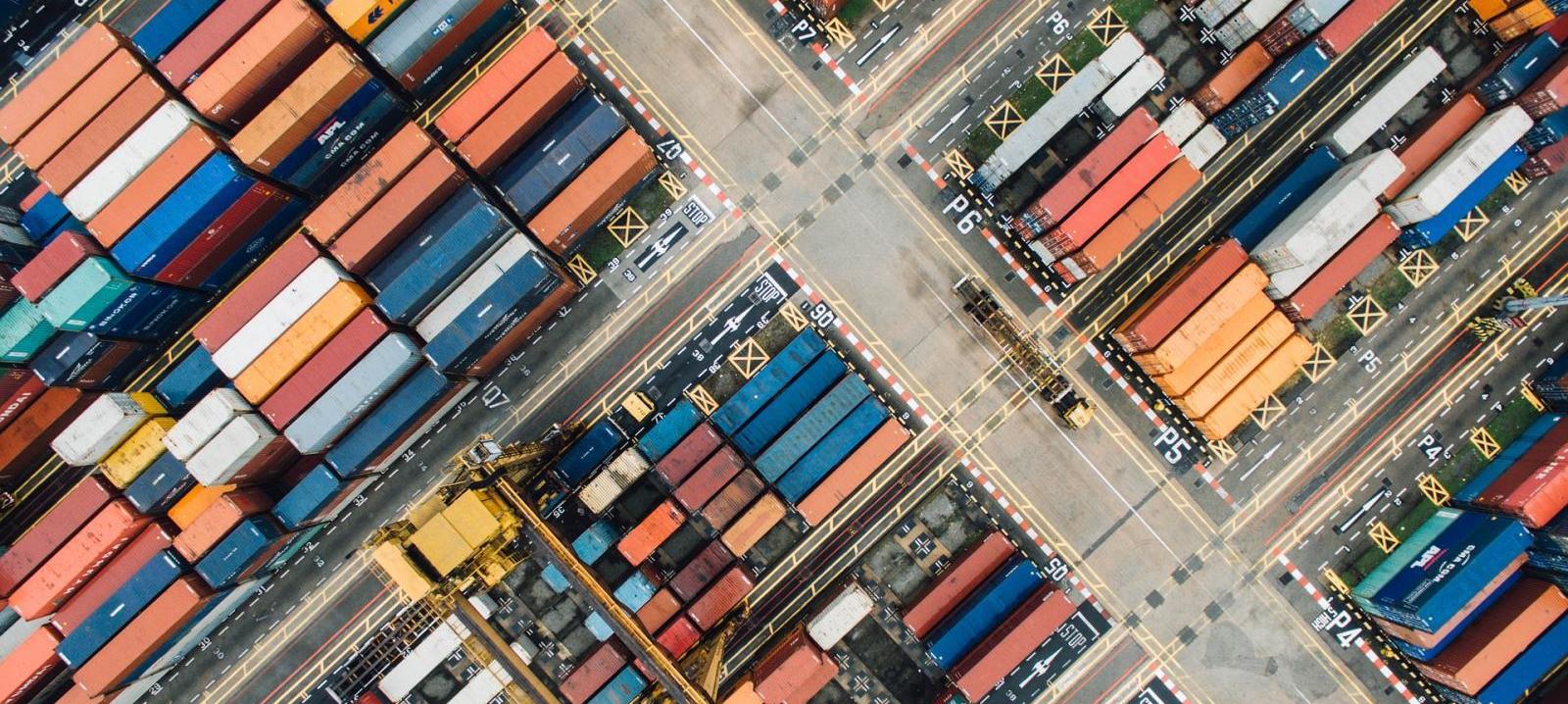 Credit: Pixabay
Credit: Pixabay

The global food system greatly contributed to climate change in 2015, study finds
According to a new study, which looked at the greenhouse gas releases from the global food system between 1990 and 2015, one-third of all emissions came from this sector in 2015. A new, more detailed analysis now breaks down those emissions by sector and gas type.
The food system includes all the processes that take place on the farm, in the supply chain and by the consumer in order to grow, create and consume foods.
Food systems are responsible for a third of global anthropogenic GHG emissions
This recent study is important as it attempts to take a much more rounded view on global GHG emissions from those various processes, in order to try and understand which have been contributing the most to human-caused climate change thus far.
Based on 2015 data, the study suggests that agriculture made up 39% of emissions. Other land use and land use change (LULUC) activities (e.g. peatland and soil degradation, and deforestation) contributed 32%. The remaining 29% came from retail, transport, consumption, fuel production, waste management, industrial processes and packaging.
Looking into more depth at some aspects of the supply chain, the data proposes that food miles actually make up a smaller chunk of emissions (4.8%) in comparison to packaging (5.4%). Transport emissions are than broken down even further; local and regional (e.g. road and rail) made up 96% of all transport emissions, with international (i.e. shipping and some aviation) making up the remaining 4%.
When broken down into individual gases, carbon dioxide (CO2) made up roughly 51% of food system emissions, while methane (CH4) made up 36%. F-gases made up just 2%, but this is double on 1990 levels, and nitrous oxide (N2O) made up 11% of emissions.
This shouldn’t come as a surprise given the increase in agricultural production since 1990, which has risen by 40%, partly due to the need to feed an increase in population size. However much of the food we grow is wasted or overconsumed, rather than consumed or fairly distributed, and this could signal that we are overproducing at present.
You can find the research paper here.
Sustainable Farming Campaign: Pushing for the integration of sustainable farming into local, regional and national government policies.
Sustain
The Green House
244-254 Cambridge Heath Road
London E2 9DA
020 3559 6777
sustain@sustainweb.org
Sustain advocates food and agriculture policies and practices that enhance the health and welfare of people and animals, improve the working and living environment, promote equity and enrich society and culture.
© Sustain 2026
Registered charity (no. 1018643)
Data privacy & cookies
Icons by Icons8
